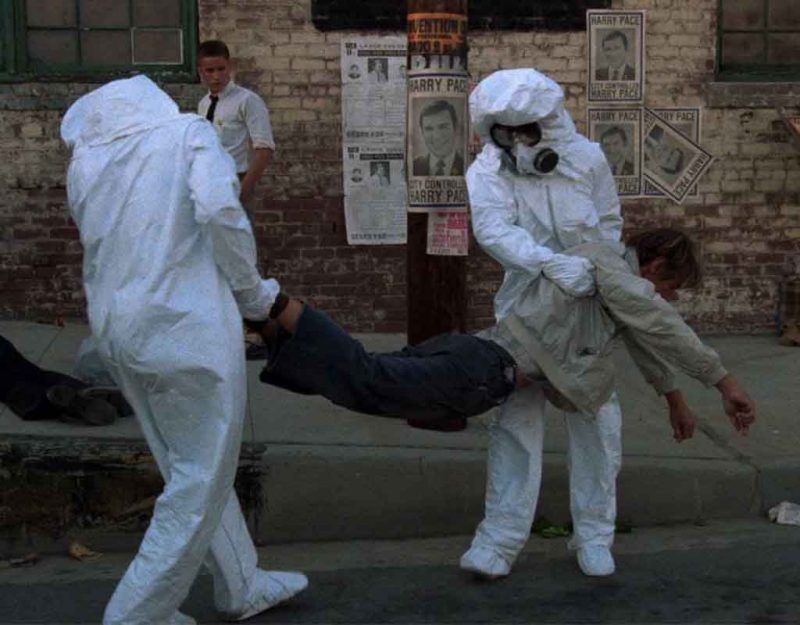Exponential Rise Versus Arithmetic Refinment of Fixed Capacity
In 1972, the seminal book Limits to Growth by a group called the Club of Rome claimed that exponential growth would eventually lead to economic and environmental collapse.
The group used computer models that assessed the interaction of rising populations, pollution, industrial production, resource consumption and food production.
Most economists rubbished the book and its recommendations have been ignored by governments, although a growing band of experts today continues to argue that we need to reshape our economy to become more sustainable.
Exponential growth, but arithmetically rising capacity extracted from a resource of finite size, e.g. Earth, always means at some point demand will outpace supply. In the case of economies, that’s the demand for value to correspond to our money, which can’t be kept up with by the arithmetic rise.
Sounds like someone else —
“In October 1838, that is, fifteen months after I had begun my systematic inquiry, I happened to read for amusement Malthus on Population, and being well prepared to appreciate the struggle for existence which everywhere goes on from long- continued observation of the habits of animals and plants, it at once struck me that under these circumstances favourable variations would tend to be preserved, and unfavourable ones to be destroyed. The results of this would be the formation of a new species. Here, then I had at last got a theory by which to work”. – Charles Darwin, from his autobiography. (1876)
Malthus was a political economist who was concerned about, what he saw as, the decline of living conditions in nineteenth century England. He blamed this decline on three elements: The overproduction of young; the inability of resources to keep up with the rising human population; and the irresponsibility of the lower classes. To combat this, Malthus suggested the family size of the lower class ought to be regulated such that poor families do not produce more children than they can support.
The basic statement of Malthus, summarized: population rises exponentially, resources rise arithmetically, causing a deficit that engenders internal chaos in the overgrown civilization.
The economic bubble we’re hitting now is the Baby Boomer false wealth imploding, much as the last hitch was the Clinton-years internet “wealth” collapsing on its overvalued self. I’m not sure it’s the crisis we speak of — like most things, it’s most likely the worst will take years to manifest in many small instances.










